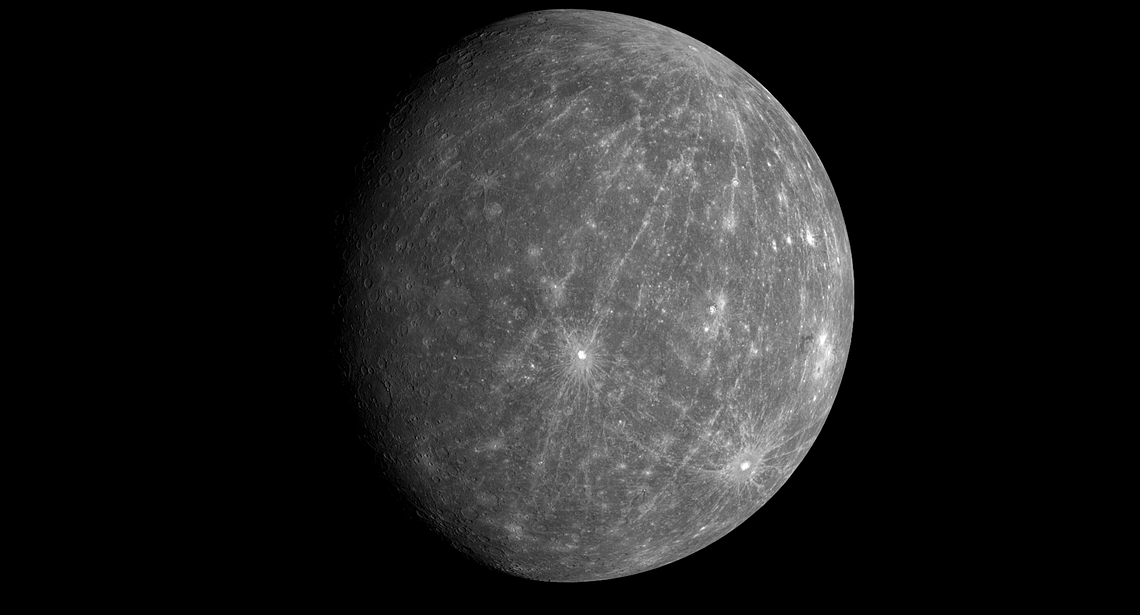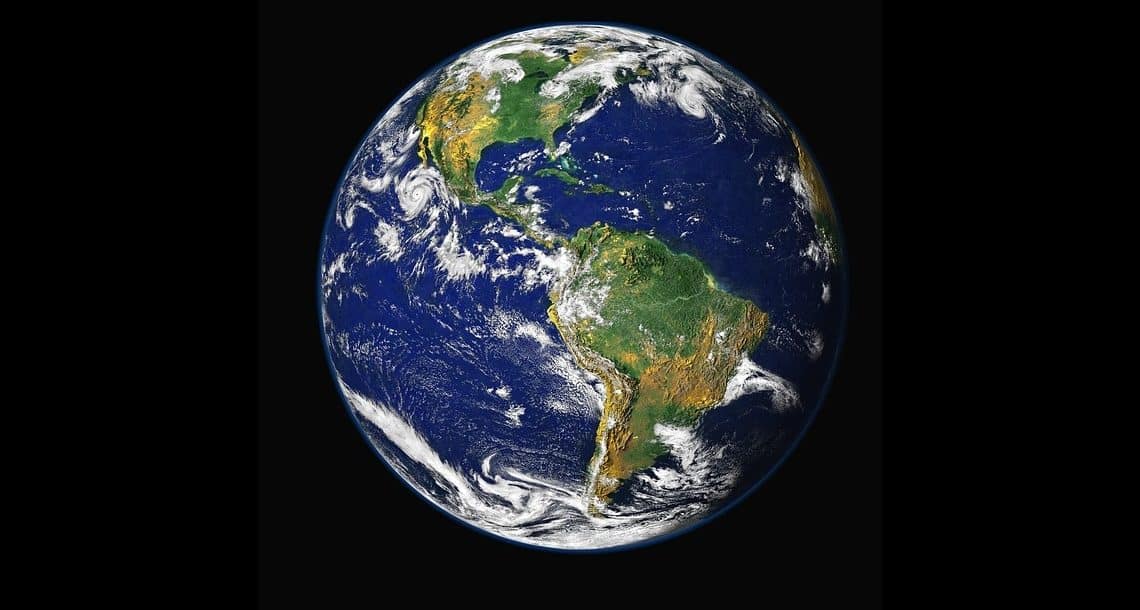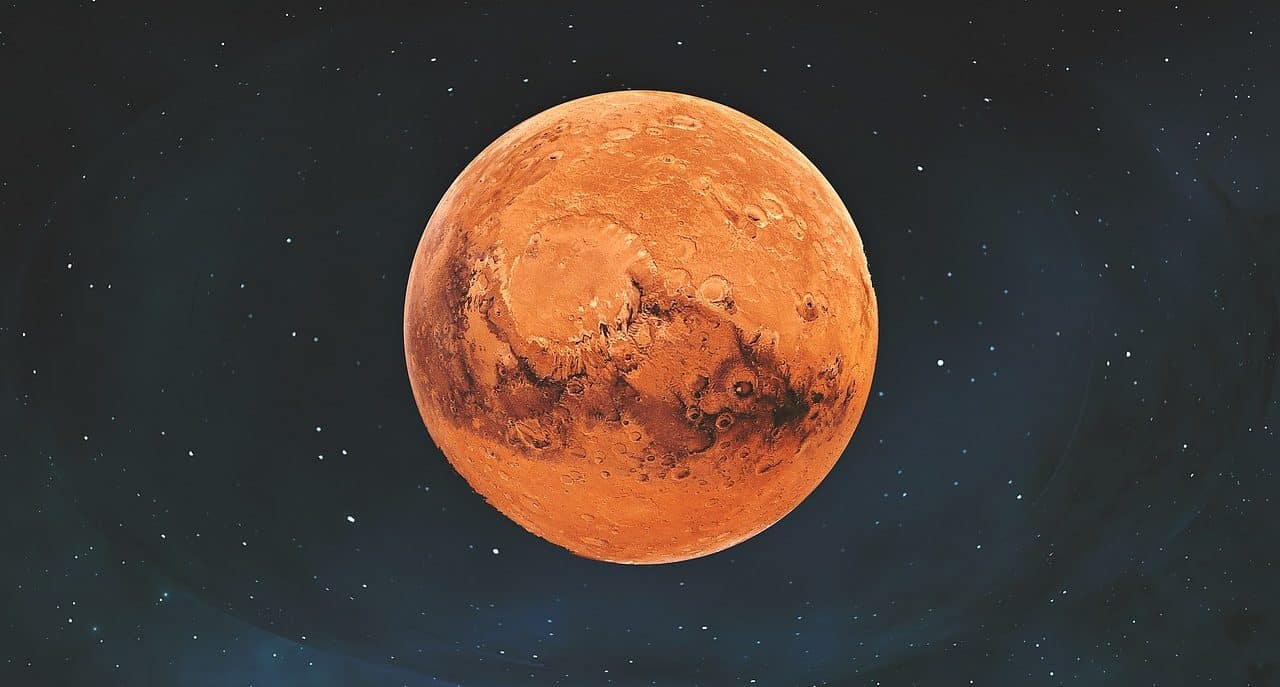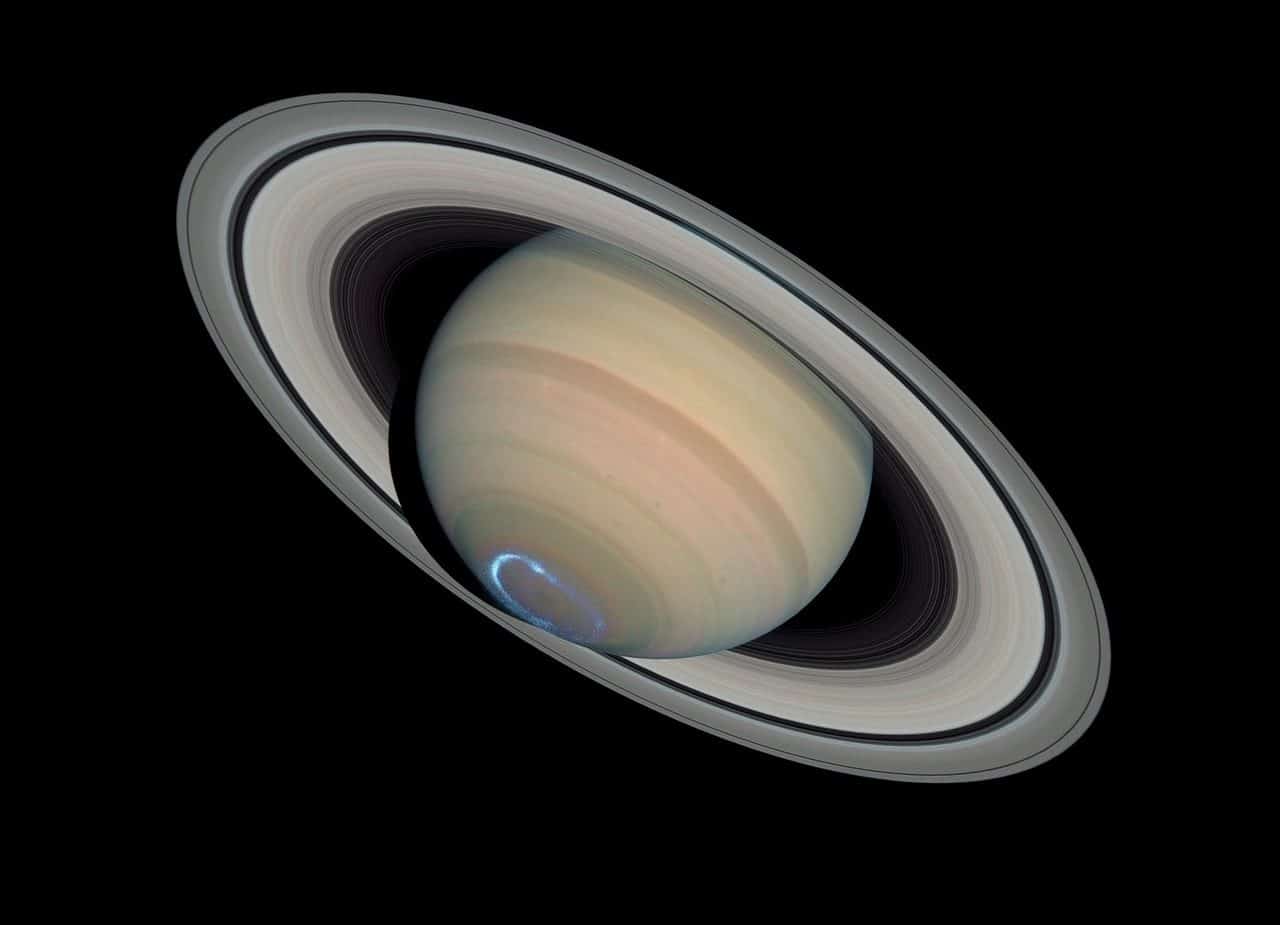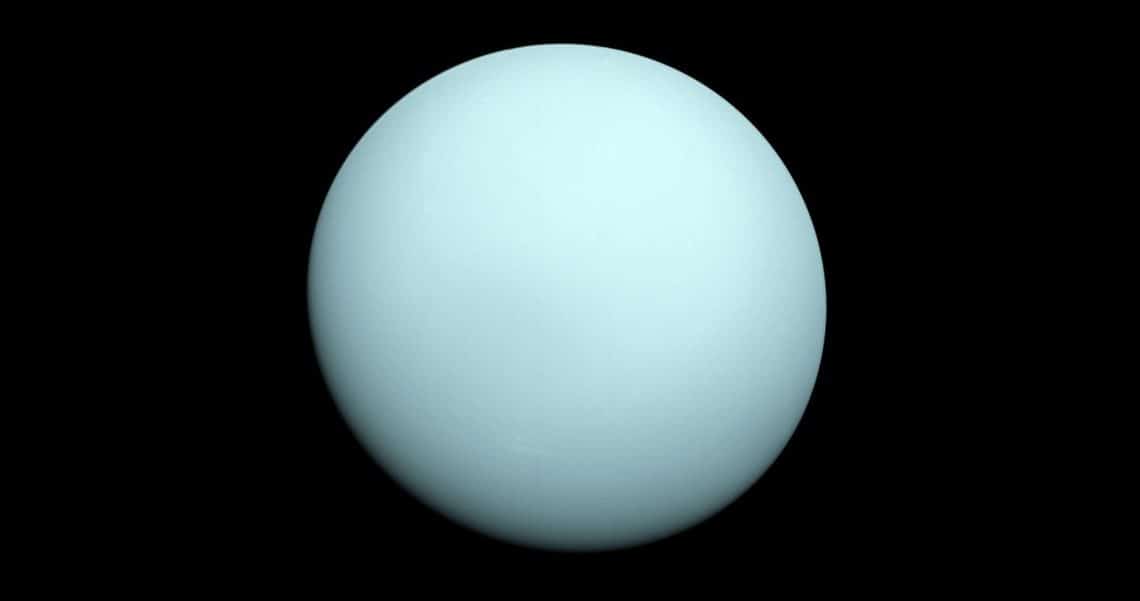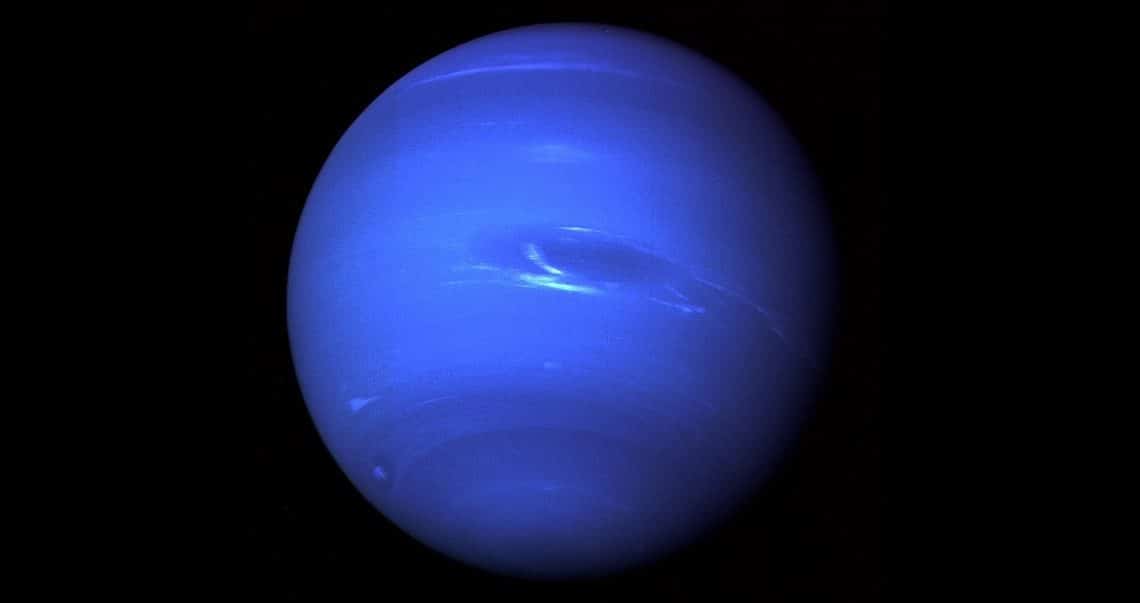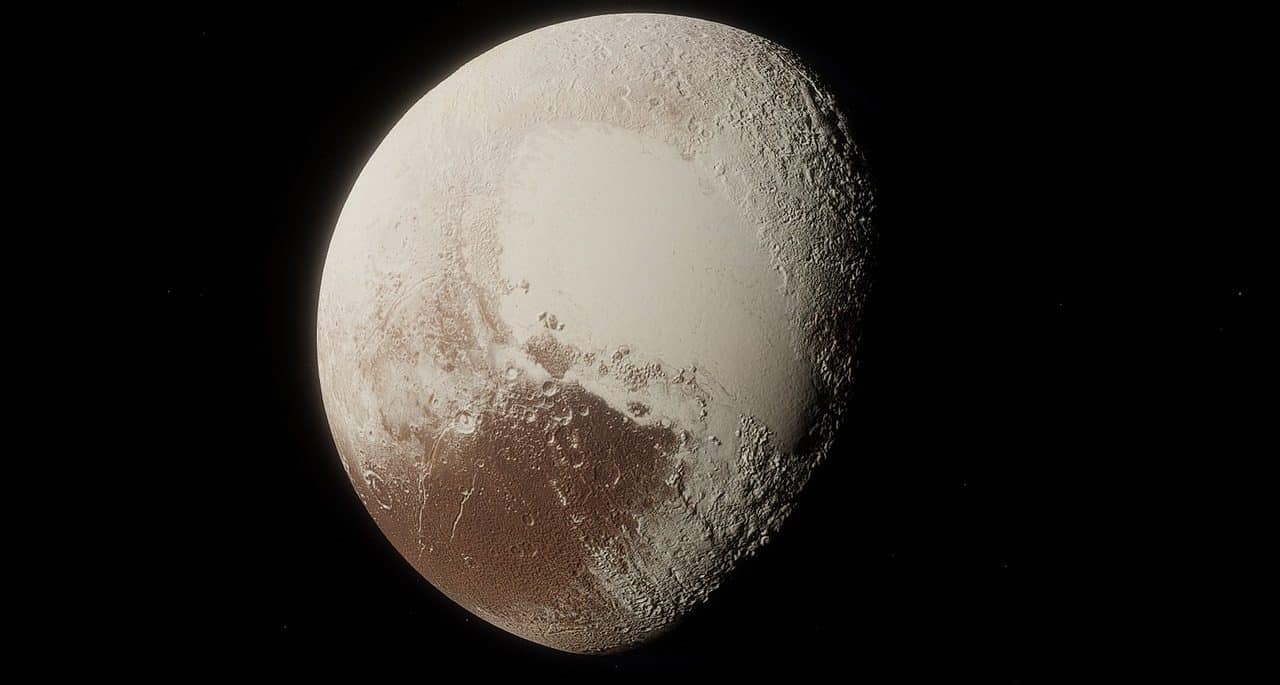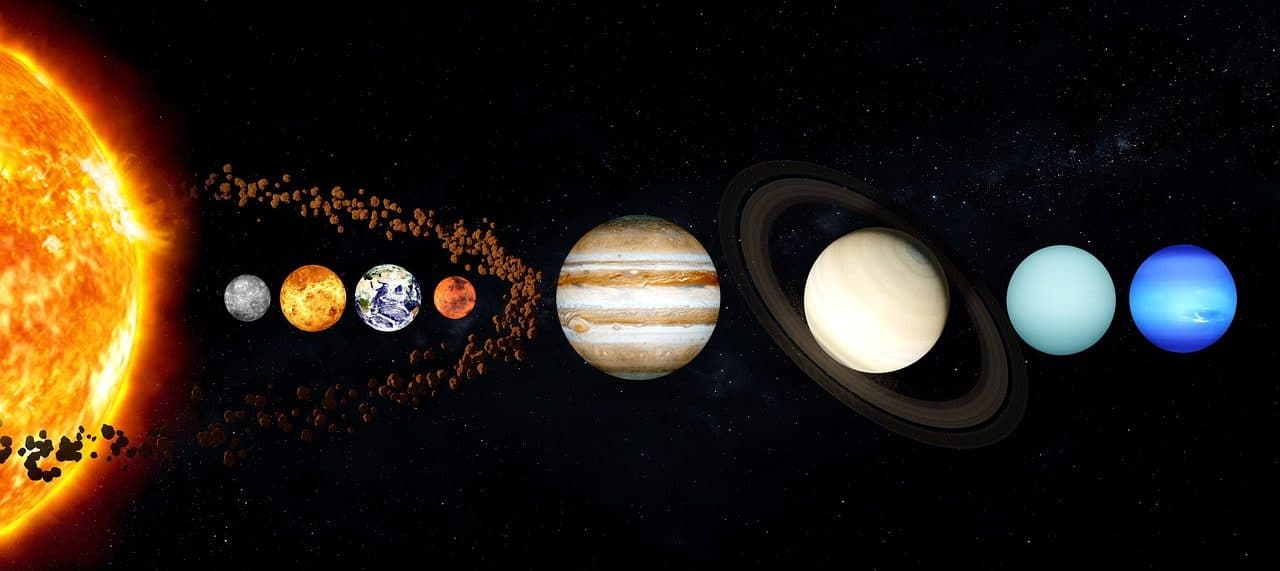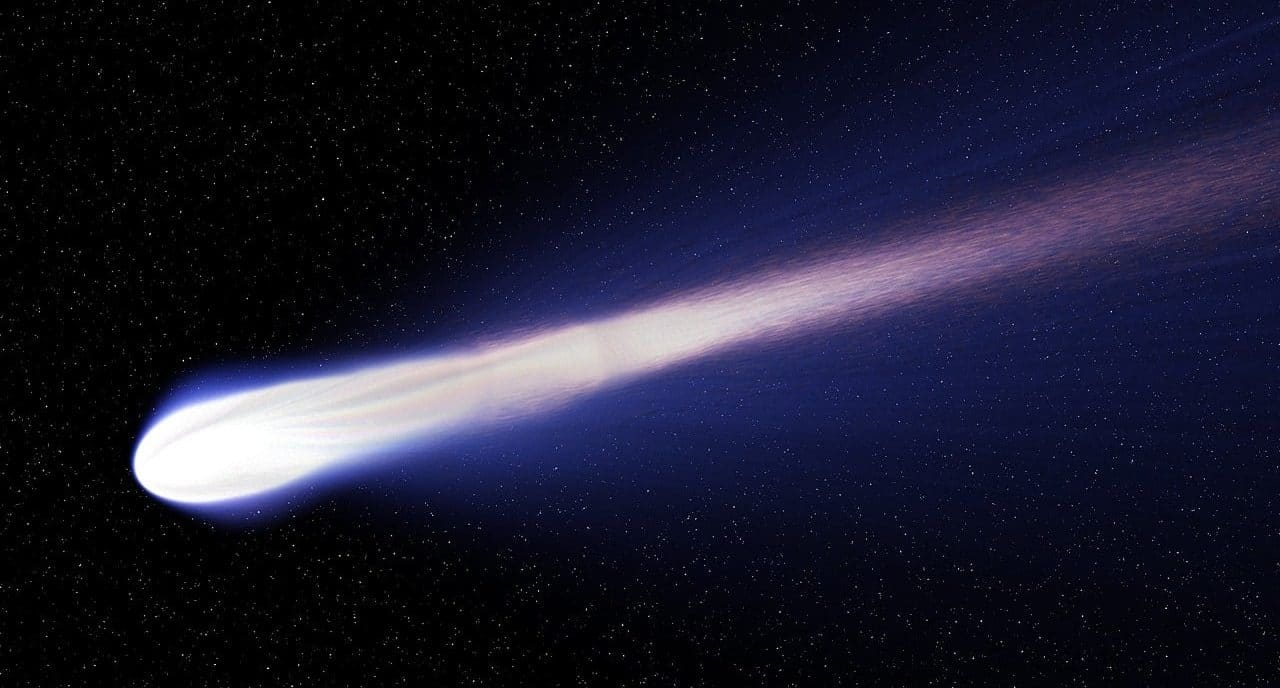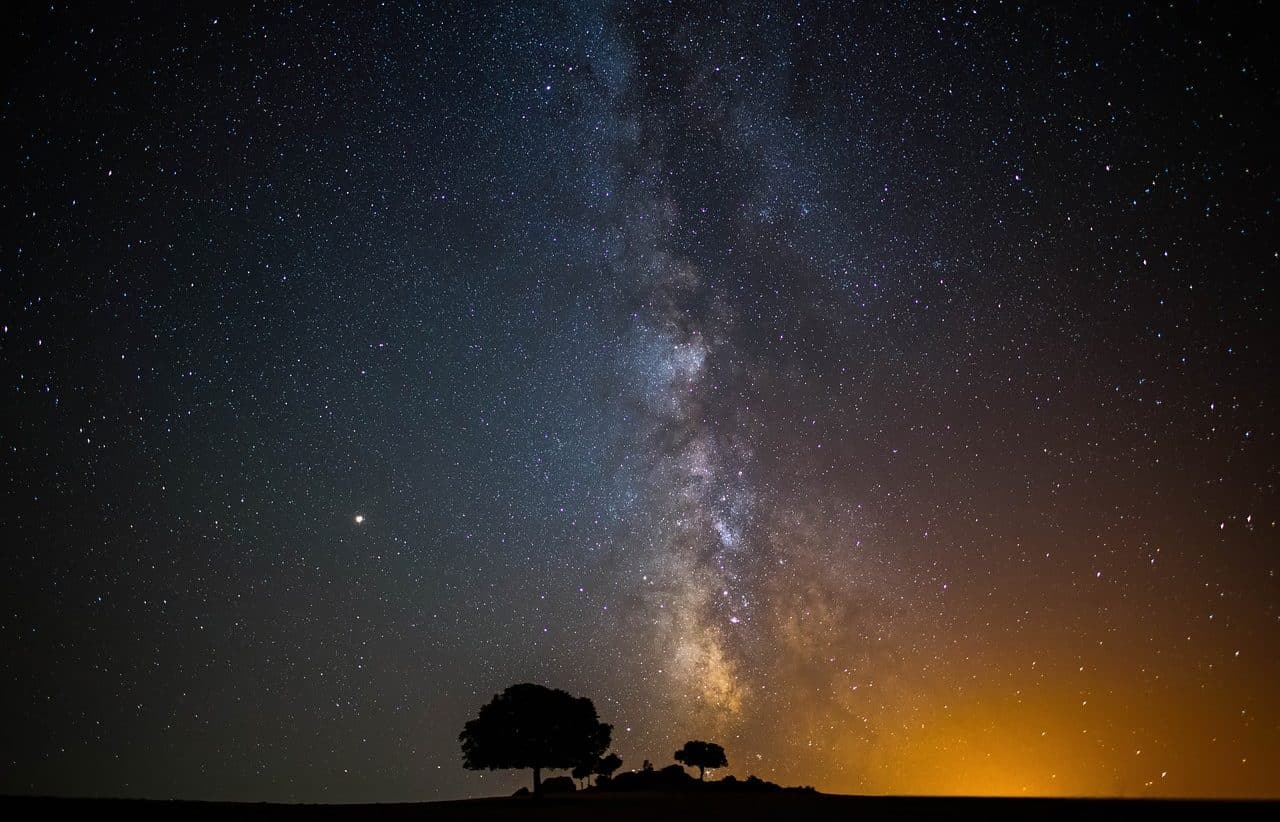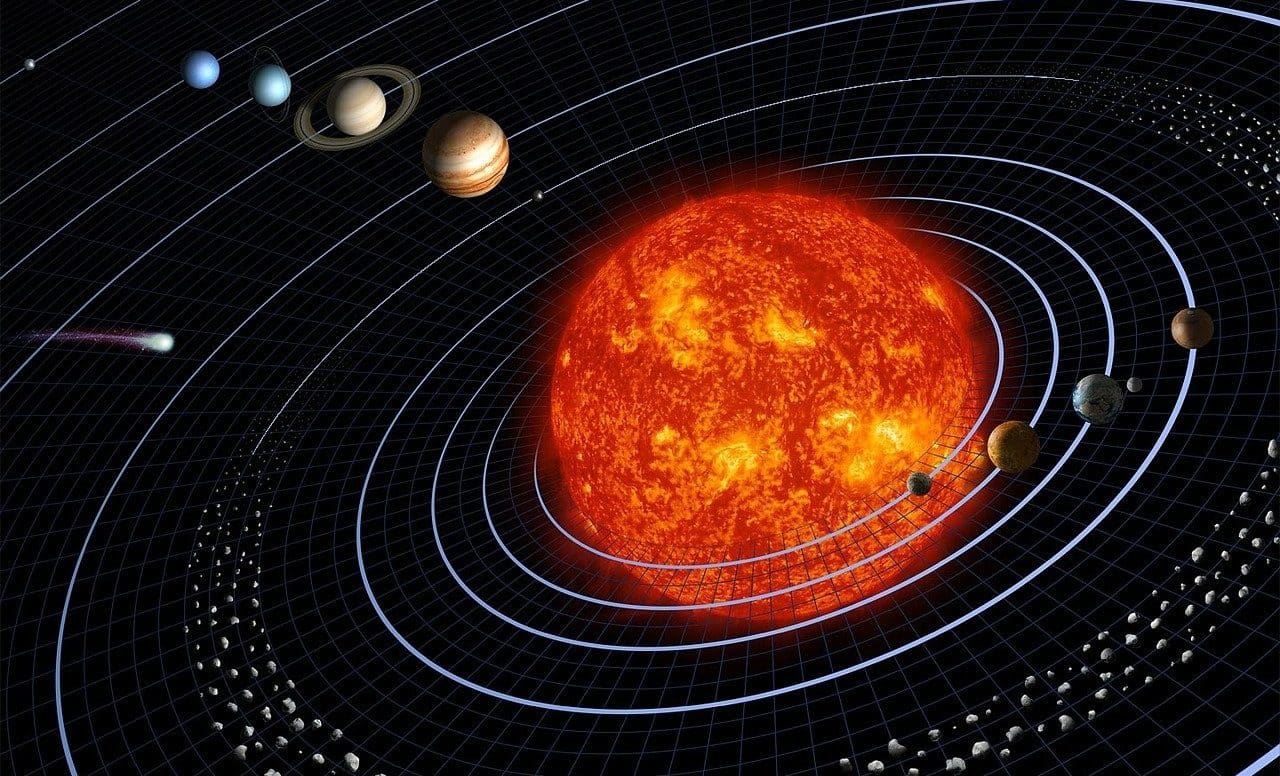
The Earth is part of the Solar System.
Solar System is the name given to the system whose astronomical objects orbit around the Sun. This means that Earth , Mars , Jupiter , Neptune and the rest of the planets and asteroids in this system orbit the Sun due to the effects of gravity.
It should be noted that the module of elements that maintain a certain order, are interrelated and interact with each other is called a system . Its components can be concepts (abstract) or objects (materials). Solar , for its part, is that linked to the Sun (the star around which the planet Earth rotates).
Characteristics of the Solar System
The Solar System is part of the set of planetary systems : structures composed of one or more central stars and the different astronomical objects that orbit around them. In the case of the Solar System, it is believed that it was formed 4,568 million years ago when a molecular cloud collapsed.
Composed of eight planets (including Earth ), five dwarf planets (plus several that have not yet been officially approved) and about four hundred natural satellites, the Solar System has barely been explored by humans , given the technological difficulties in traveling. its vast expanse.
It is important to note that the Sun is the star that is closest to our planet. Thanks to the energy it radiates, life is possible on Earth. Despite scientific research, no traces of extraterrestrial life have yet been found in the Solar System.
It should be noted that the rest of the planetary systems are usually called extrasolar systems , leaving the Solar System as a particular and unique group.
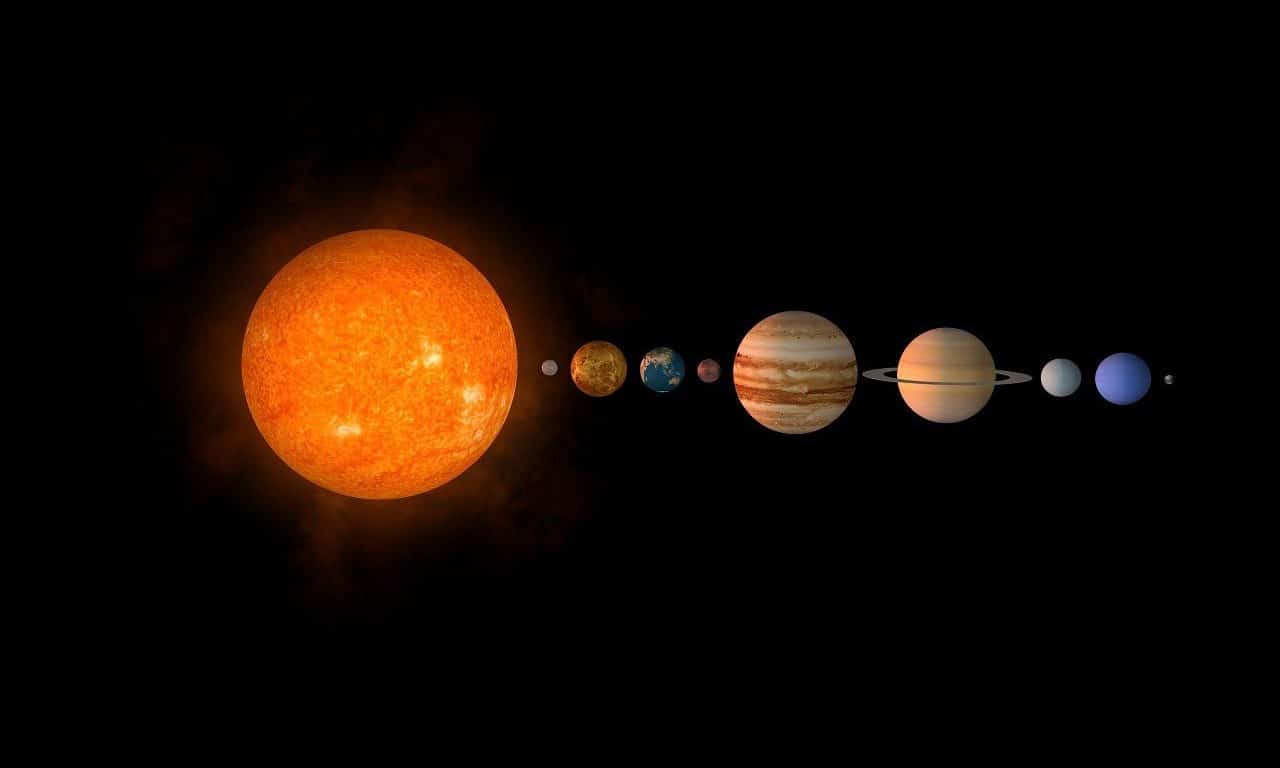
The sun is the center of the Solar System.
images of the solar system
Your exploration
As mentioned above, our species has only just begun to explore the vastness of the Solar System, as it does not yet have the appropriate equipment and means of transportation. But this not only means that we know very little about the galaxy to which we belong, but that we know practically nothing about the Universe, of which we occupy only a very small corner.
Despite all the way we still have to go to be able to call ourselves outer space experts, thanks to the advances of modern astronomy we know some curiosities about our galaxy that are very interesting. Let's look at some of them below:
- The rain of diamonds on Uranus and Neptune : the first of the related discoveries revealed that on these two planets in the Solar System there are oceans of some kind of diamond in a liquid state. But later it was observed that this substance also precipitates on their surfaces in the form of rain. Both phenomena seem to respond to carbon concentrations due to the significant inclination of their magnetic poles.
- The halo of dark matter that surrounds the Earth : far from being a scene from science fiction, dark matter is not something dark or typical of the apocalypse, but rather it is responsible for preventing the separation of planetary systems and galaxies. It is found in a proportion five times greater than that of normal matter, which is why it cannot be considered rare, although that does not make it any less fascinating.
- On Titan we could fly : Titan es el nombre de una luna de Saturn (planeta que tiene otras 61). Allí la atmósfera es muy espesa, su gravedad es menor que la de nuestra luna y la presión atmosférica es muy baja, de manera que fácilmente podríamos impulsarnos a volar con un simple salto. Cabe mencionar que en esta luna no podríamos respirar y que otros phenomena , como las lluvias de una sustancia parecida a la gasolina, no la vuelven el lugar más propicio para la vida del ser humano.


